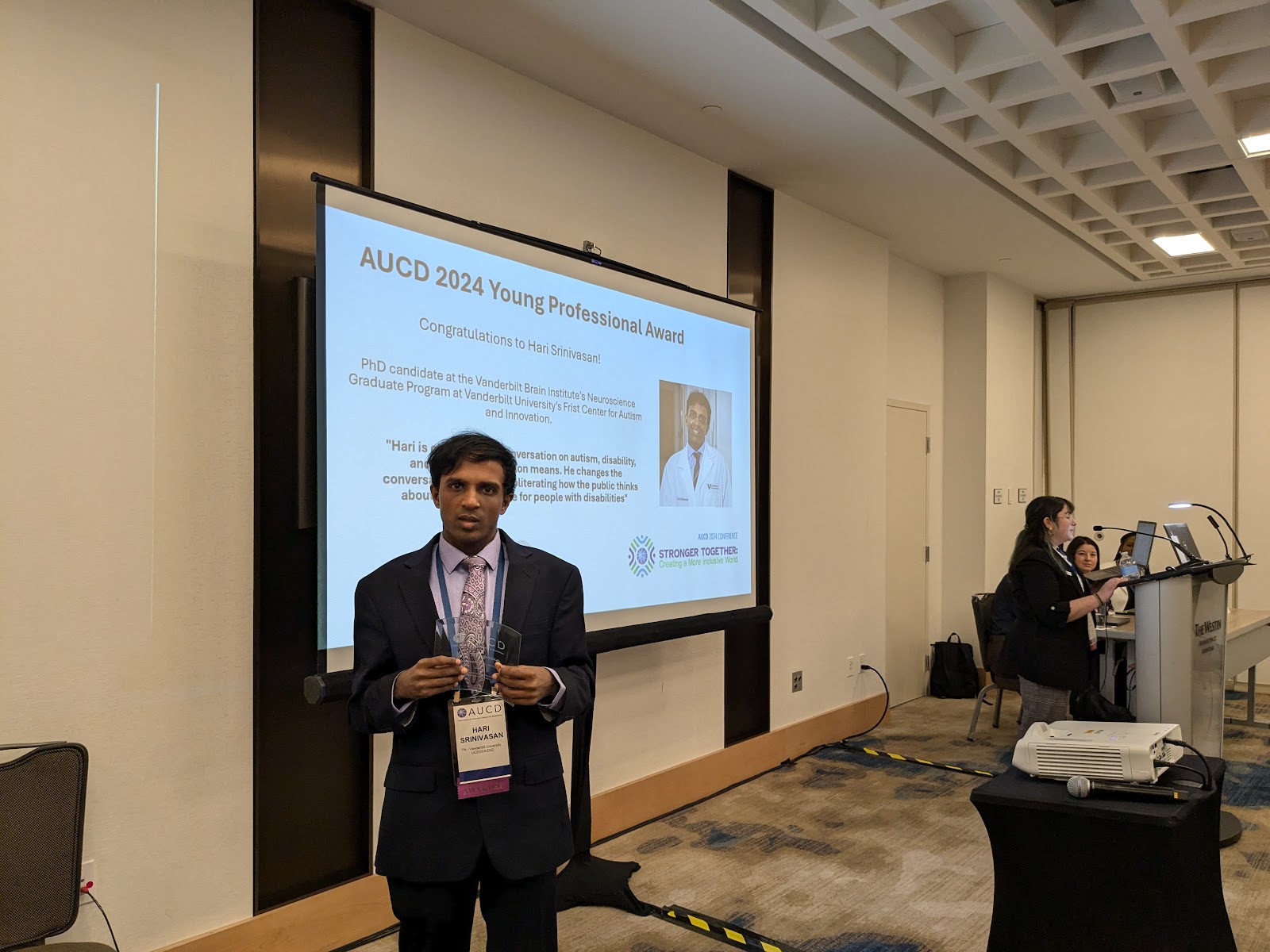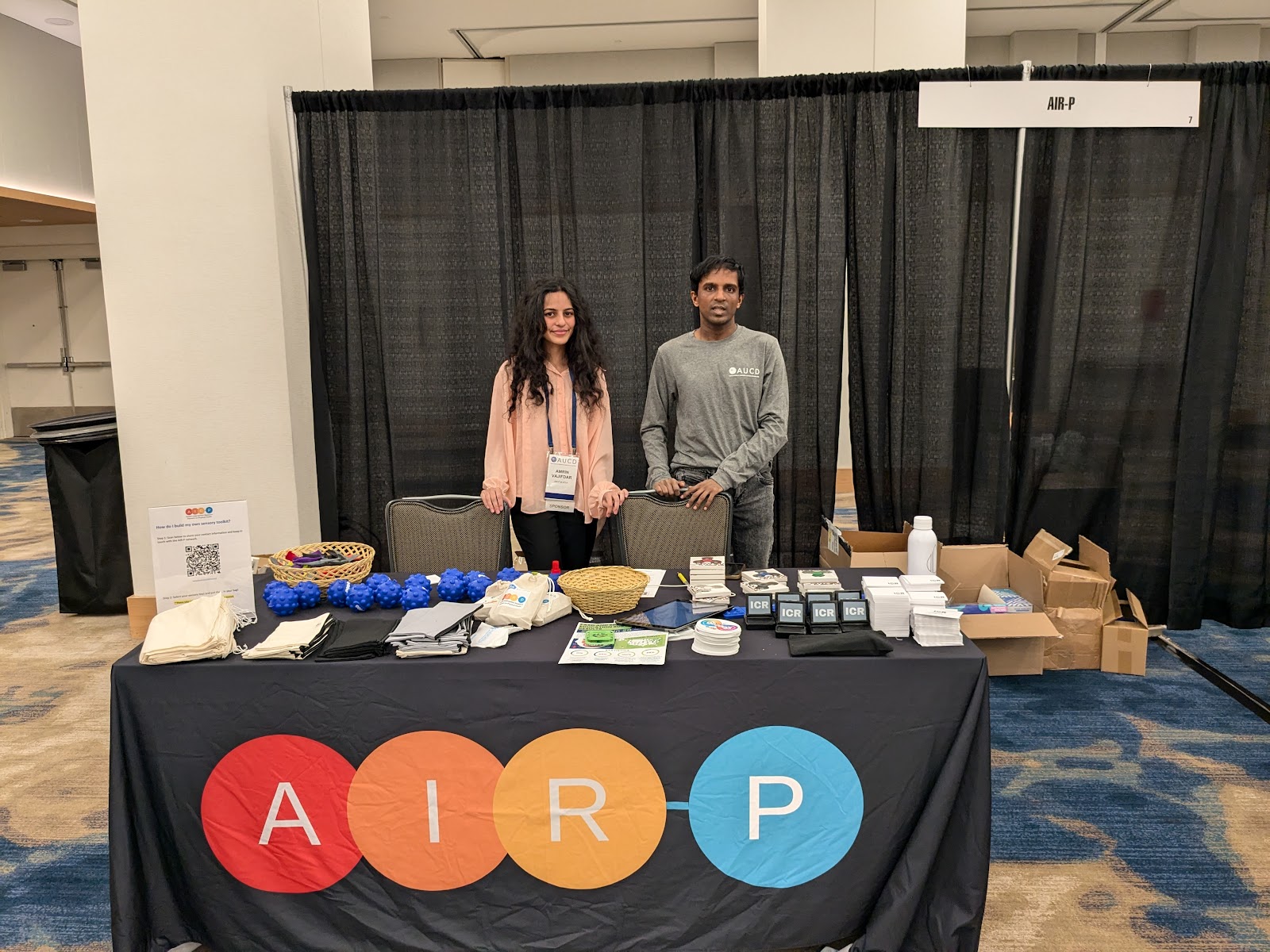My Ted X talk titled "Pebbles in the Pond of Change
Hari Srinivasan, shares a powerful message about the power of small actions in creating ever-widening ripples in the pond of change. Drawing from personal experiences and the legacy of disability rights leaders, he redefines progress as a journey that starts with simple, accessible steps. His inspiring message encourages everyone to identify and act on their own "small pebbles" to drive societal transformation.










